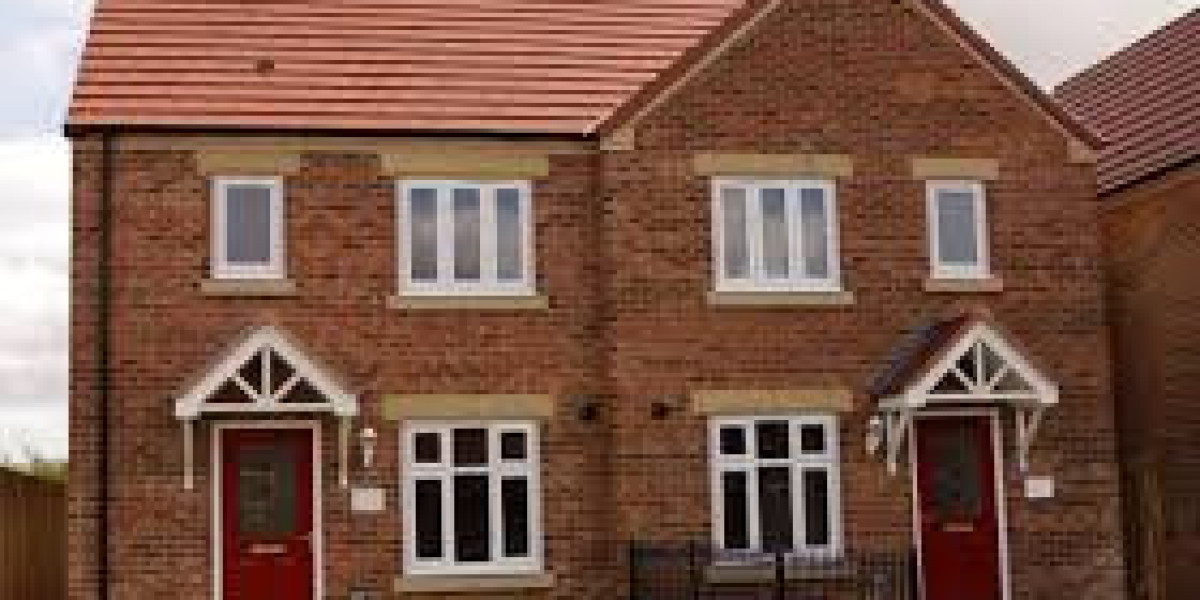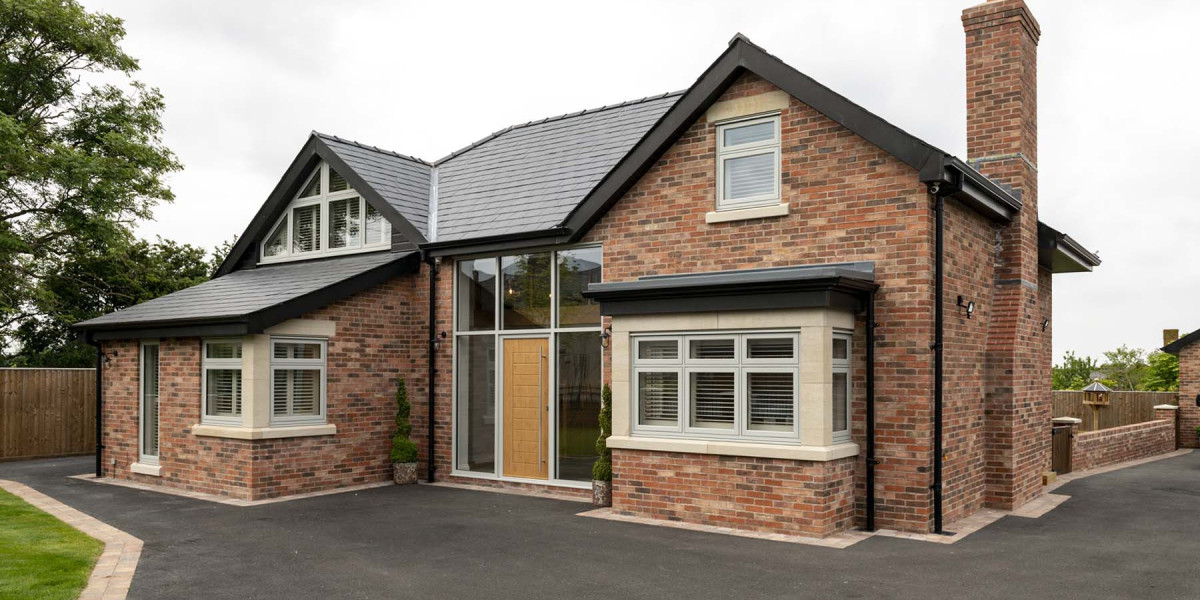
Sliding doors, often seen as a modern architectural feature, have become increasingly popular in both residential and commercial spaces. Their unique design and functionality offer a range of benefits that can enhance the aesthetics and utility of a space. In this article, https://clean-pro.co.uk/ we will explore the history, types, advantages, and considerations of sliding doors to provide a comprehensive understanding of their role in contemporary architecture.
A Brief History of Sliding Doors
The concept of sliding doors dates back thousands of years. Historical records indicate that sliding doors were used in ancient Japanese architecture, particularly in the form of shoji screens, which are made from wooden frames and translucent paper. These doors allowed for flexible room configurations and natural light while maintaining privacy. Over the centuries, sliding doors evolved, with advancements in materials and technology leading to the modern sliding door systems we see today.
Types of Sliding Doors
Sliding doors come in various styles and materials, making them suitable for different applications. Here are some common types:
- Pocket Sliding Doors: These doors slide into a wall cavity, completely disappearing when opened. Pocket doors are ideal for saving space in tight areas, such as bathrooms or small rooms.
- Bypass Sliding Doors: Often used for closet spaces, bypass doors consist of two or more panels that slide past each other. They are a great option for maximizing access to storage areas without requiring additional space.
- Bi-fold Sliding Doors: Comprising multiple panels that fold and stack to one side, bi-fold doors are often used for large openings, such as patios or balconies. They create a seamless transition between indoor and outdoor spaces.
- Stacking Sliding Doors: Similar to bi-fold doors, stacking sliding doors consist of several panels that slide along a track and stack against one side. They are perfect for creating wide openings and maximizing views.
- French Sliding Doors: These doors combine the elegance of traditional French doors with the functionality of sliding mechanisms. They typically feature large glass panels and can be used to connect indoor spaces with outdoor patios or gardens.
Advantages of Sliding Doors
Sliding doors offer numerous advantages that make them a popular choice for homeowners and businesses alike:
- Space Efficiency: One of the most significant benefits of sliding doors is their ability to save space. Unlike traditional hinged doors that require clearance to swing open, sliding doors glide along a track, making them ideal for compact areas.
- Natural Light: Sliding doors often feature large glass panels that allow ample natural light to enter a space. This can help create a bright and inviting atmosphere while reducing the need for artificial lighting during the day.
- Seamless Indoor-Outdoor Connection: Bi-fold and stacking sliding doors can create a seamless transition between indoor and outdoor areas, enhancing the flow of space and encouraging outdoor living. This is particularly appealing in warmer climates where outdoor spaces are frequently used.
- Aesthetic Appeal: Sliding doors can enhance the visual appeal of a home or building. With various designs, materials, and finishes available, they can complement any architectural style, from modern to traditional.
- Energy Efficiency: Many sliding doors are designed with energy-efficient features, such as double or triple glazing, which can help reduce heating and cooling costs. Properly installed sliding doors can also minimize drafts, contributing to overall energy savings.
- Accessibility: Sliding doors can be easier to operate for individuals with mobility challenges. Their design allows for smooth operation without the need for heavy lifting, making them an excellent choice for accessible living spaces.
Considerations When Choosing Sliding Doors
While sliding doors offer numerous benefits, there are several factors to consider when selecting the right type for your space:
- Space Requirements: Before choosing a sliding door, consider the available space for the door to operate. Ensure that there is enough room for the door to slide open without obstruction.
- Material Selection: Sliding doors are available in various materials, including wood, aluminum, and vinyl. Each material has its benefits and drawbacks, such as durability, maintenance, and insulation properties. Choose a material that aligns with your aesthetic preferences and functional needs.
- Security Features: Sliding doors can be more vulnerable to break-ins compared to traditional doors. Look for sliding doors with robust locking mechanisms and consider additional security measures, such as window film or security sensors.
- Installation: Proper installation is crucial for the functionality of sliding doors. It’s essential to hire a professional installer to ensure that the door is aligned correctly and operates smoothly. Poor installation can lead to issues such as misalignment, difficulty in operation, and reduced energy efficiency.
- Maintenance: Sliding doors require regular maintenance to ensure their longevity. This includes cleaning the tracks, lubricating the rollers, and checking seals for wear and tear. Consider the maintenance requirements of the chosen material and design.
- Climate Considerations: If you live in an area with extreme weather conditions, consider the energy efficiency and insulation properties of the sliding doors. Look for options specifically designed to withstand high winds, heavy rain, or extreme temperatures.
Conclusion
Sliding doors are a versatile and functional architectural feature that can enhance the aesthetics and utility of any space. With their ability to save space, allow natural light, and create a seamless indoor-outdoor connection, they have become a popular choice for homeowners and businesses alike. By understanding the various types, advantages, and considerations associated with sliding doors, you can make an informed decision that best suits your needs and enhances your living or working environment. Whether you’re looking to improve your home’s design or create a more functional commercial space, sliding doors offer a stylish and practical solution.








